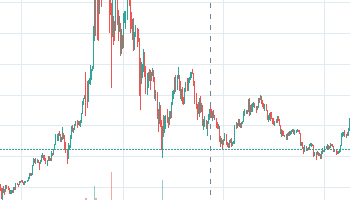When you need to find the money for an expense, sometimes loans can be a solution. Whether it’s a payday loan to help you fix a broken-down car or you urgently need a new boiler to heat your home, short term loans and low credit score loans can help you out in an emergency, but what about if you’re thinking of buying something bigger like a car or a house? Bank loans and mortgages are a couple of popular choices when you need to pay for something that comes with a hefty price tag. Lenders will ask for a down payment before they confirm the loan. Read on to find out all you need to know about loan down payments.
What is a down payment?
If you’re buying something expensive like a home or a car, down payments are often required to cover a portion of the product’s whole price, whilst financing and paying off the rest. Down payments help to determine how much you will be paying over a certain length of time and allow the lender to see if you are able to afford the cost of the repayments. They are usually paid upfront from savings or a personal bank account. Sometimes loans are available with no down payment, but some form of initial payment may be beneficial in reducing overall costs.
Larger down payments
Making a larger upfront payment on a loan like a mortgage, for example, can bring your monthly repayments down. This can result in you having a more flexible income each month which can make your life and managing your finances easier. Another advantage of putting a larger down payment on a loan is that this usually results in the interest becoming less, as you have reduced the lender’s risk by proving you can pay their money back. Larger down payments also mean potentially being able to borrow more in the future. Lenders can look back and see that you have been able to meet your obligations which is likely to result in you qualifying for loans you need in the future.
Smaller down payments
Sometimes it’s just not possible to put down large payment upfront, maybe you need a loan urgently or you’ve saved as much as you can, there are advantages to making a smaller down payment too. Saving for a house can take many years, using the minimum deposit amount will allow you to buy a house sooner than waiting to save more money. By making a smaller down payment on a loan such as a mortgage you could argue that this allows you to put more money into improvements and making your house a home.
Requirements
Lenders that provide loans that require a down payment will have a minimum amount they need you to pay upfront. A deposit when buying a house could start from 10% but lenders sometimes ask for more. Considering the required down payments can help you confirm how much you will need to save.


 Updated every 10 minutes
Updated every 10 minutes


